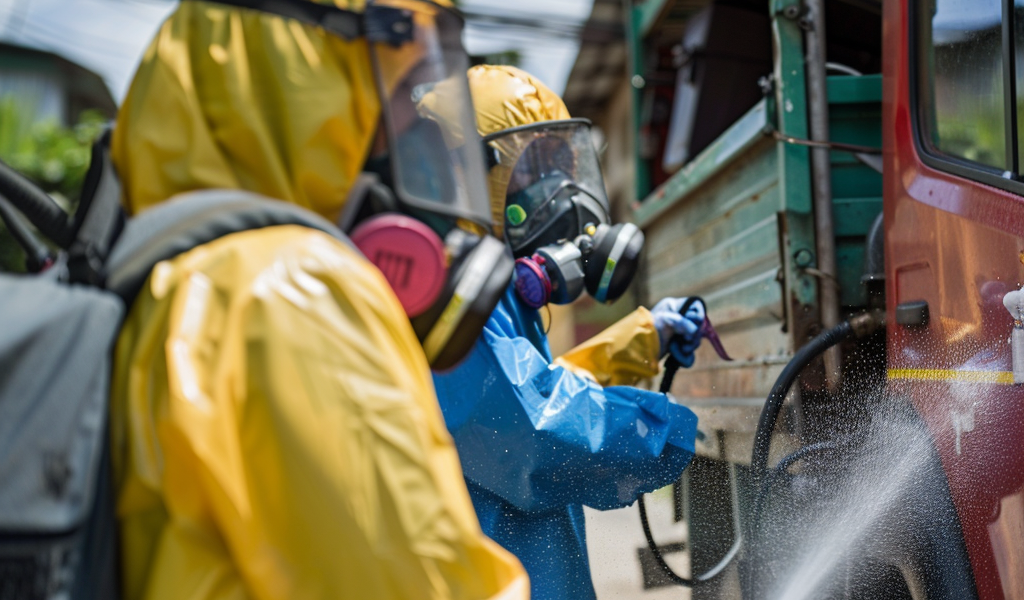Health Minister Terrence Deyalsingh has announced the unfortunate death of a resident in South Trinidad due to dengue fever, marking the country’s first confirmed fatality from the virus since 2017. Alongside this tragic news, there have been 126 laboratory-confirmed cases of the disease in Trinidad and Tobago this year.
As of April 30, the global dengue fever statistics are alarming, with 7.6 million reported cases and 3,000 deaths, according to the World Health Organization (WHO). The Pan American Health Organization (PAHO) reported that Latin America and the Caribbean alone have seen 9.3 million cases of dengue this year, doubling the numbers from the entire year of 2023.
During an interview with i95 FM radio station on June 20, Deyalsingh disclosed these figures while respecting patient confidentiality by refraining from sharing specific details about the deceased individual. He emphasized the importance of allowing the family privacy to grieve and process the loss.
Chief Public Health Inspector Dr. Mark Dookeran, speaking on TV6’s Morning Edition talk show, highlighted the Ministry of Health’s intensified efforts in combating dengue transmission. Recognizing the limitations of educational campaigns, the ministry plans to take stricter actions against households neglecting proper preventive measures.
Dr. Dookeran outlined the ministry’s approach, indicating a shift towards inspecting homes and penalizing those failing to maintain clean surroundings. Delinquent individuals may face fines up to $3,500 or six months’ imprisonment upon conviction.
To disrupt the transmission chain, the ministry intends to utilize ultra-low volume (ULV) spraying upon detecting dengue cases. This method involves truck-mounted devices applying insecticides to outdoor spaces, primarily in the early morning when the Aedes aegypti mosquito, the dengue vector, is most active.
Dr. Dookeran stressed the significance of ULV spraying in eliminating infected adult mosquitoes without endangering workers. Following the spraying, health inspectors will conduct perifocal work at the affected resident’s home to identify and eliminate potential breeding sites, such as stagnant water and overgrown areas.
By implementing these proactive measures, the Ministry of Health aims to curb the spread of dengue fever and protect the population from this mosquito-borne disease.





